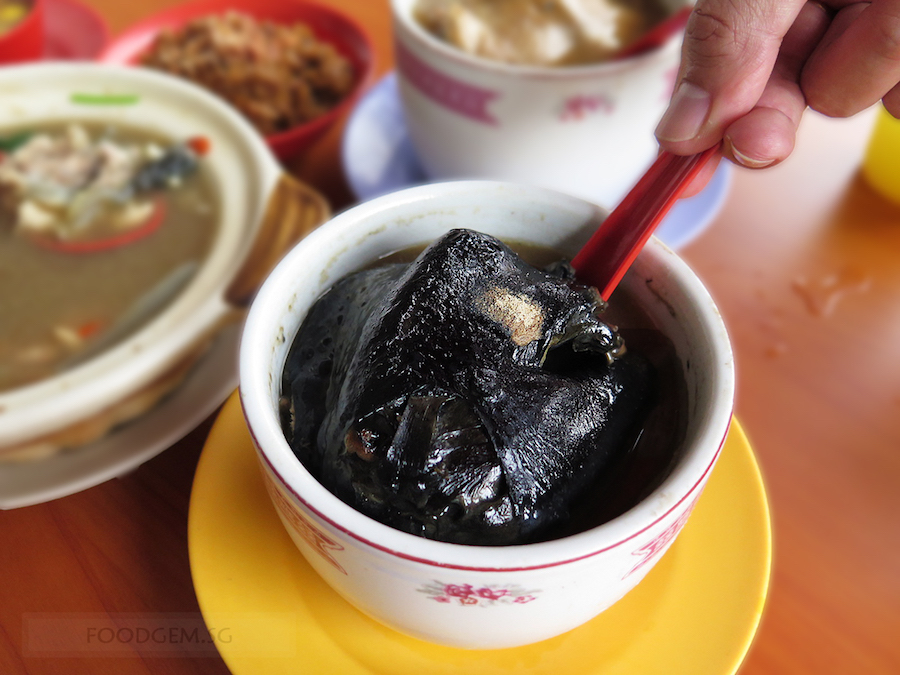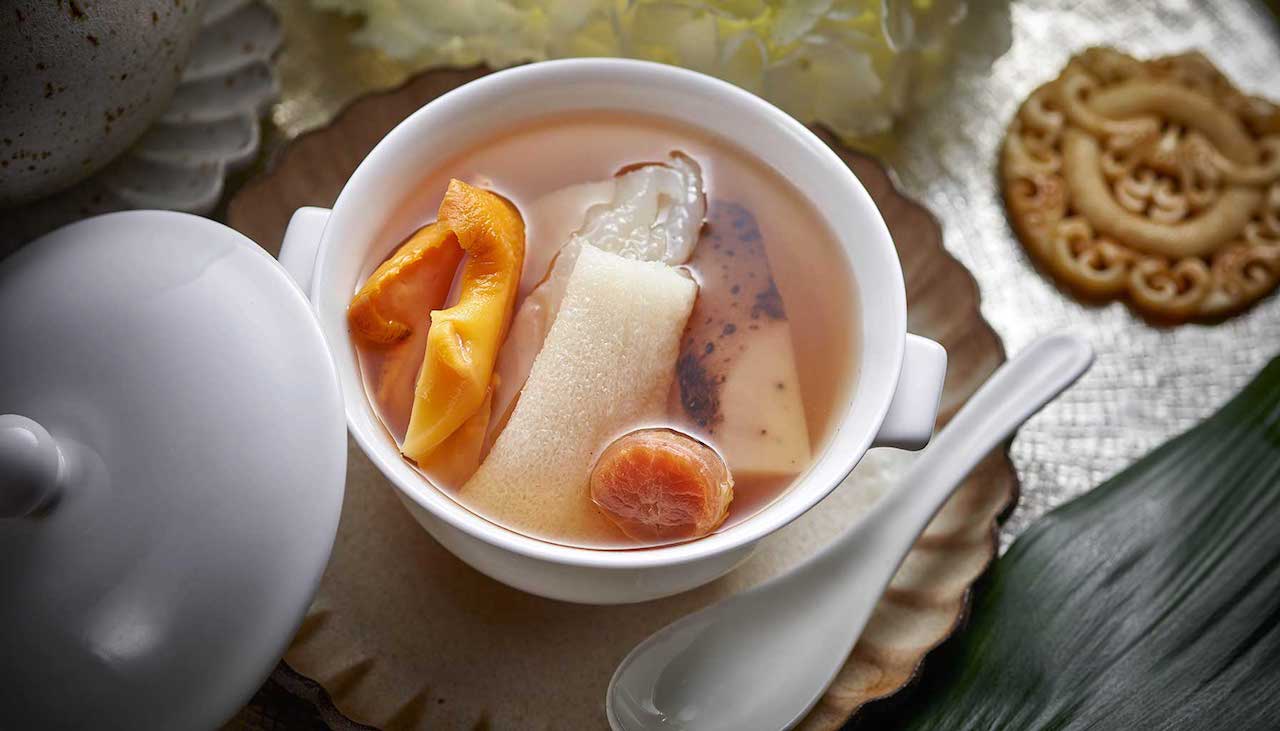Some see it as akin to being lowered slowly into a soft, warm blanket; a feeling you might be tempted to call ‘home’. Others characterise it as a kind of deep hunger, a hand reaching out from within to constantly grasp at that which remains elusive. And then there are those who wax lyrical about how love is effusive, overwhelming, dramatic; fireworks compressed into a moment in time, repeated over and over again.
For me at least, good soup is, depending on the circumstances, at least one of these things. Great soup, on the other hand, is all of these things, all at once.
Whether I’m hungry, hungover, or just generally exhausted from life, soup is what I nearly always crave. And not just any soup either but hot soup. After all, soup is meant to both revive and purify you. It is meant to bring you a kind of undiluted pleasure not unlike a really good orgasm with the right person in a well-ventilated room.
If soup isn’t hot, it accomplishes none of these things.
Yet here I am, nearing 30, embracing without fail the heat and sweat that is a bowl of soup at the end of every family dinner in my grandmother’s crowded kitchen. Just the other day, someone asked me what I’d pick if I could eat only one thing for the rest of my life.
Without thinking, I answered, “Double boiled soup.”
Over the phone, Chef Sam Wong from Lucky House Cantonese Private Kitchen shares that Guangdong, where Cantonese people are from, is a very humid part of China due to its coastal locale. It’s there that the Chinese believe in drinking hot soup as it “clears heat” in the body.
On top of this, the Cantonese also believe that hot soup can nourish one’s beauty, strengthen physical health, and even prevent and cure diseases. All this, in part, explains why soup is such a big part of Cantonese culinary culture.
David Yip, a chef, culinary researcher, and food consultant, tells me that Cantonese folks have different kinds of soups for different occasions.
First, there are herbal soups that are drunk for their nutritional value. These contain familiar herbs like wolfberry seeds, dried dates, codonopsis root, and even ginseng—all staples you can buy from any traditional Chinese medicine shop.
Then there’s ‘gun tong’, which are simple soups with meat and vegetables that make for quick meals. Finally, there’s ‘dan tong’, which is soup prepared for important occasions, and usually contains more expensive ingredients like shark’s fin or abalone.
Many are made with seasonal ingredients, and it’s believed that they help balance the yin and yang in our bodies.

“If soup or any dish is good, people will enjoy it,” he says.
He’s absolutely right. But to me, this feels like an inadequate explanation for my own feelings towards soup. I enjoy soup as long as it isn’t mediocre. From the average to the spiritually uplifting, soup fulfils a very human need I find difficult to articulate.
Author Sharon Lee, who runs the website Chinese Soup Pot, describes a kind of nostalgia attached to the experience of soup. She calls it a “deep rooted and endeared Chinese food tradition”, which perhaps explains why, as I’ve gotten older and embraced my Chinese-ness more wholeheartedly, this Cantonese love for soup seems to have surfaced.
At the same time, I can’t help thinking that perhaps the things worth being passionate about aren’t things we should spend too much time rationalising or justifying. We can just love something without knowing why or even wanting to know why.
When someone asks, “Why do you Cantonese people love soup so much?”, it feels wrong on some level to answer, “Oh you know because Guangdong possesses an extremely humid climate, on top of which China has a long-standing love affair with hot water, blah blah blah.”
These are historical facts, but it’s not what I actually feel. Inevitably, this also kills some of the romanticism I’d want to associate with love of any kind.
So instead, I want to be able to say, “It makes me feel safe,” or, “The simple yet wholesome flavours make me happy in a way nothing else can,” or even, “It reminds me of a better time, when life seemed to be about just sitting around a table and having delicious food with family.”
All of these things are true anyway, which brings us back to Chef Wong’s matter-of-fact observation that he loves soup simply because he grew up with it. It sounds superficial, yet it’s also entirely reasonable.
And the truth is, we don’t often need more than this.








